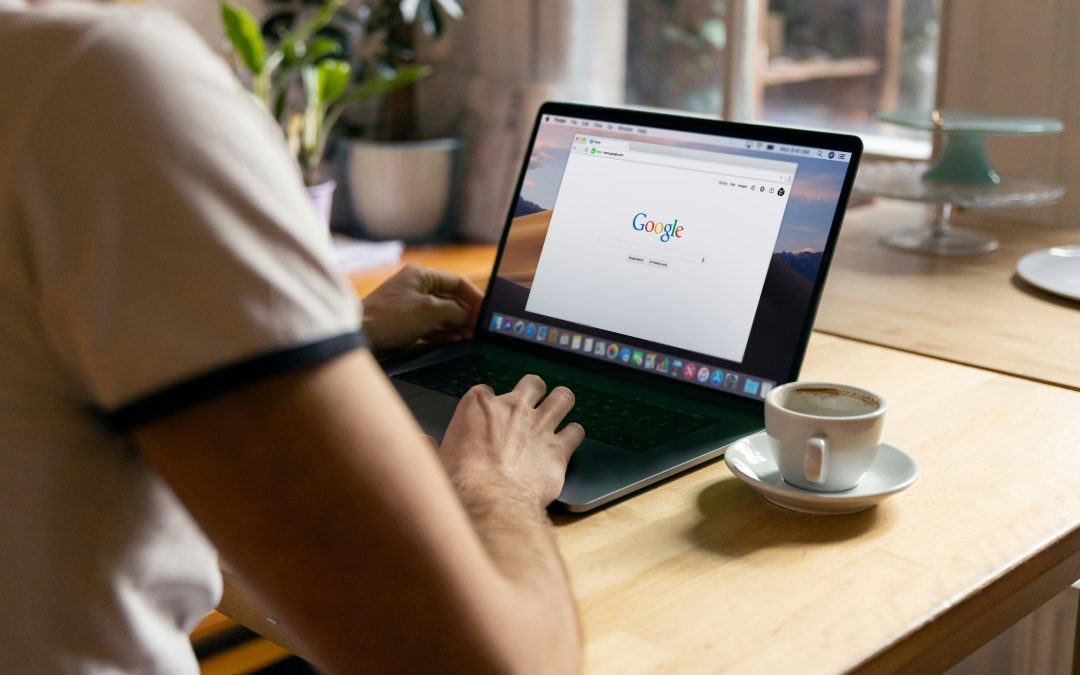Google’s John Mueller has cautioned website owners not to rely on chance when it comes to canonical tags, stating that “hope” is not a valid SEO strategy.
Responding to a query about how Google handles canonicals, Mueller emphasised that expecting Google to automatically interpret which version of a page should be prioritised undermines the purpose of search optimisation. Instead, he advised webmasters to clearly define their preferred URLs to avoid confusion and maintain better control over indexing.
Canonicals And Case Sensitivity
The rel=canonical tag is an HTML element used by publishers or SEO specialists to tell Google which URL should be treated as the main or preferred version when similar or duplicate pages exist. Although Google views this tag as a strong hint rather than a strict rule, it helps guide search engines to consolidate ranking signals for the correct page.
In a recent Reddit discussion, a user noticed an issue where their website’s category URLs start with a capital letter, while the canonical tag uses a lowercase version. For instance, the live URL might appear as /site/Topic/topic-title/, but the canonical tag displays /site/topic/topic-title/. The lowercase version redirects to the capitalised one, yet both technically exist.
The user explained that despite this inconsistency, they haven’t observed any drop in search visibility or performance. However, they questioned whether it’s still best to fix the mismatch, as the canonical tag doesn’t exactly match the live URL. Their developer asked if it’s causing any real problems — and while the answer was “no” — the user felt it’s still worth correcting to maintain SEO best practices and avoid sending mixed signals to Google.
If It Works Don’t Fix It?
This situation is quite notable because, in SEO, if a website is performing well, it’s often best not to make unnecessary adjustments that could risk disrupting things. Many professionals prefer to let Google handle minor inconsistencies on its own.
However, Google’s John Mueller shared a different view on the matter. He explained that URL paths, filenames, and query parameters are case-sensitive, while domain names are not. This means that being consistent with capitalisation is important for canonicalisation, as Google may treat variations as duplicates even if they display the same content.
Mueller added that although Google will likely group such duplicates together, relying on “hope” isn’t a sound SEO approach. He also noted that case sensitivity affects robots.txt, making it even more crucial to maintain consistent URL structures.
Takeaway
In highly competitive industries, SEO standards are often near perfect, with even the smallest areas for improvement quickly addressed. There’s a valid reason behind this level of precision. A search engine representative once shared that any step taken to make crawling easier is a success. They recommended ensuring websites are simple to navigate and that content is clear for both users and search engines.
This guidance still holds true today and aligns with John Mueller’s reminder not to rely on “hope” when it comes to SEO. Instead, it’s far better to take proactive steps to ensure everything functions exactly as intended.
More Digital Marketing BLOGS here:
Local SEO 2024 – How To Get More Local Business Calls
3 Strategies To Grow Your Business
Is Google Effective for Lead Generation?
How To Get More Customers On Facebook Without Spending Money
How Do I Get Clients Fast On Facebook?
How Do You Use Retargeting In Marketing?
How To Get Clients From Facebook Groups
